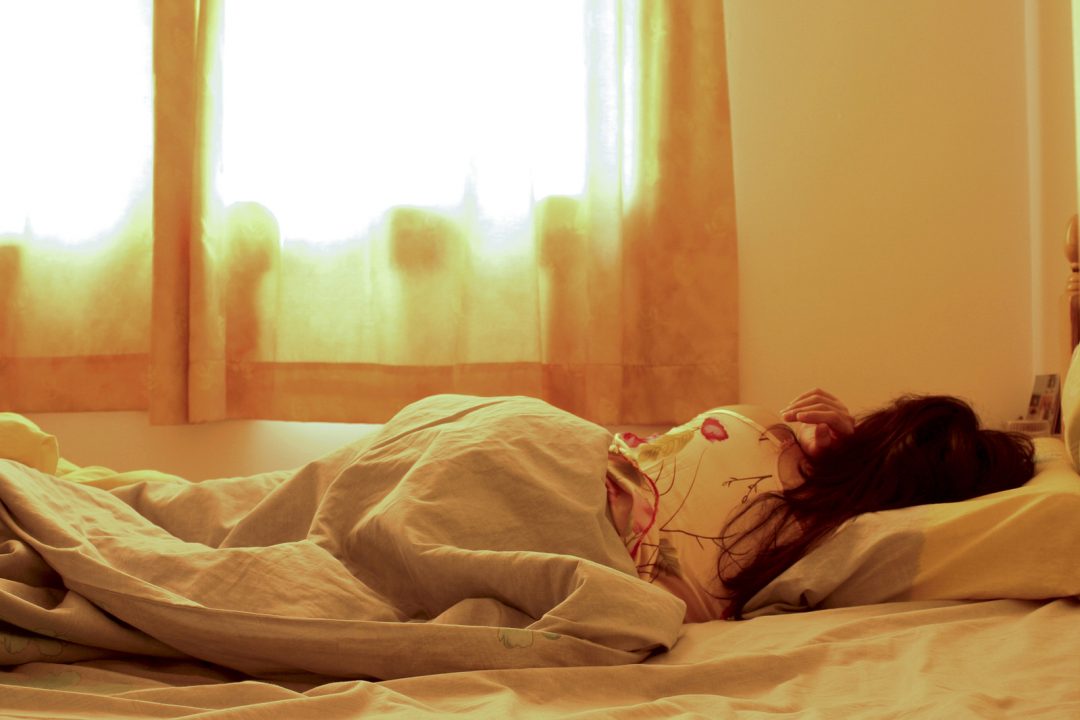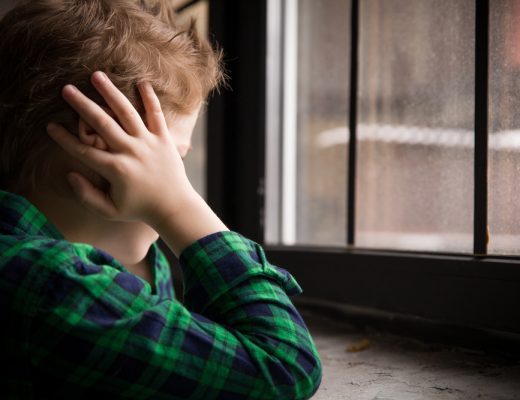The human body is undebatably the most magnificent and detailed mechanical wonder in the world. The ability to self-sustainability and preservation are two of the body’s integral features, which is why we have survived for so long and age better than most animals.
A key trait of the human body is knowing when to shut down. When your body has had enough and drained itself from energy, it gives you signals and signs, letting you know it is time to sleep. Now in most cases, we can control when to go to sleep, as easy as pouring yourself a cup of coffee can keep you up for several extra hours, but what controls when we wake up?
A recent study in Science Advances claims that even though cultural pressures and daily responsibilities may override your biological clock, your wake-up time is regulated by your internal timekeeper.
For the study, researchers followed sleep pattern data from more than 8,000 people in 100 countries who used a smartphone app that helps adjusting to new time-zones. The app works by users entering their regular sleep schedules, as well as wake hours, and the app will calculate a balanced day/night schedule for you to follow.
The researchers looked at the average amount of time that people in each country spent asleep, and found that people living in Singapore and Japan slept the least, about 7 hours and 24 minutes per night. On the other hand, people living in the Netherlands got most sleep, the study shows, an average of 8 hours and 12 minutes. A rough 45 minutes might not seem like a long time of sleep, but every minutes counts when it comes to charging up, and will show in your cognitive function later on during the day.
Social pressure affects us all. You might be urged to stay out with friends, or watch one more episode of your favorite series, but keep in mind that every minute counts. Sleep early and cash out on alertness the day after.




